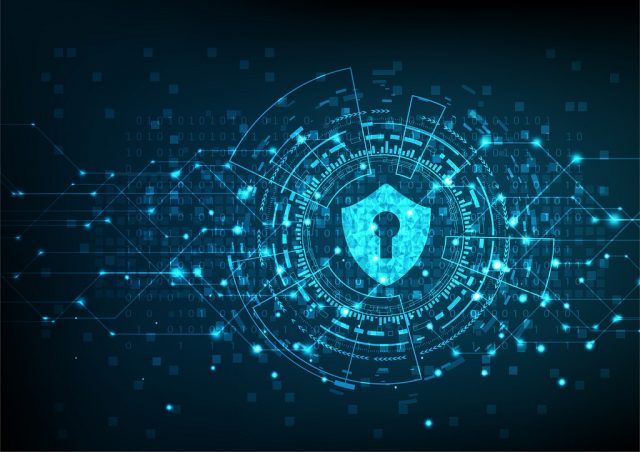Concealed Cybersecurity Tools for Privacy Protection
When people surf the internet, they like to assume that their entire activities are private. Some even go as far as installing programs that improve computer security. However, a study has shown that a big bulk of computer users aren’t protecting their privacy to the fullest.
The survey conducted by ExpressVPN revealed that roughly 7 in 10 internet surfers use some form of cybersecurity tool. Most of the individuals surveyed used at least one of the trio: a firewall, anti-spam filter, and antivirus software. Out of the 3,000 respondents questioned, very few utilized stronger cybersecurity measures.
There are tons of tools that can adequately protect computer users from various cyber threats. They pose no difficulty during installation and provide security advantages.
Security Techs to use for your Device
-
Email Scanners
Hackers increasingly use emails to steal users’ details or infect a computer. Since a lot of company employees use emails for communication, they become juicy targets. Sometimes, a worker might not pay attention to a received email and click on a harmful link, infecting the system. Hence, the increase in the utilization of email scanners.
Email scanners are used to neutralize cyber threats like malware and viruses. They scan every single email received for phishing links, harmful URL addresses, malware in the form of an attachment, and so on. Email scanners are embedded with tech that detects content to perpetuate social engineering.
Some email scanning tools also monitor outbound emails to prevent adverse activity like security leaks within a firm.
-
Tor Network
Tor Network is a private network that allows users to communicate with the utmost level of anonymity. It performs this action by routing internet traffic through thousands of volunteer computers. Communication is then made secure through numerous layers of encryption, preventing the message from being spied on by a third party.
Numerous types of people use the Tor network for different activities. Journalists use it to communicate with whistleblowers, freedom fighters use it to propagate messages, and criminals use it for illegal activities. Very few people using the network expose their identities in a bid to remain anonymous.
This network can be accessed using the Tor Browser. It is available on Windows, Linux, and Mac’s operating system.
-
Virtual Private Network
A Virtual Private Network, also known as VPN is a network that drives your internet traffic through a server of your choice. This action is meant to protect your activity from your Internet Service Provider (ISP). If a hacker or third party tries to spy on your communication, it would show as a long string of unfathomable characters.
This is a result of encryption which protects your information from your phone to the source you’re communicating with. Only the VPN server can decrypt the data when it gets to its final destination. This tool also protects a user’s anonymity by spoofing the user’s IP address.
IP addresses typically expose information about a device user. By connecting to a VPN server, you’ll essentially change your IP address to that of the server. Anyone attempting to get your location would see that of the VPN server. Using a VPN as a privacy tool proves super-effective when combined with a browser like Tor.
-
Password Management Software
Password managers are built to encourage users to imbibe safe password practices. They provide a wide range of services like creating strong passwords for different accounts, storing all your passwords, and auto-filling your passwords on websites.
To access all your stored passwords, you’ll need a master password to get into your account. Password management software also creates a unique password for every user to prevent credential stuffing. Credential stuffing is a technique used by hackers to gain access to an account by inserting a previously used password.
Final Thoughts
Using common cybersecurity tools like anti-malware can help to protect your device to an extent. However, to achieve a high level of security, you need effective tools that most hackers aren’t prepared to face. They include VPNs, password managers, and email scanners.











